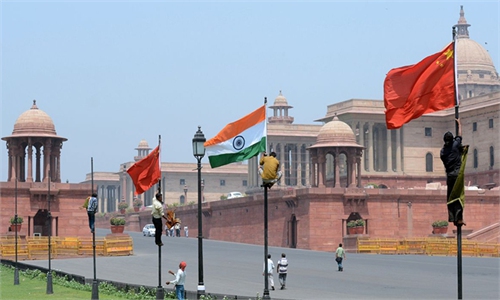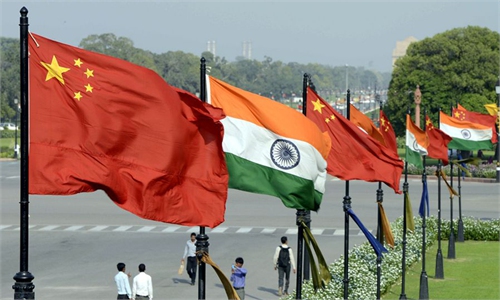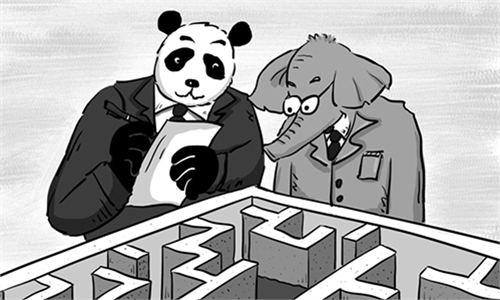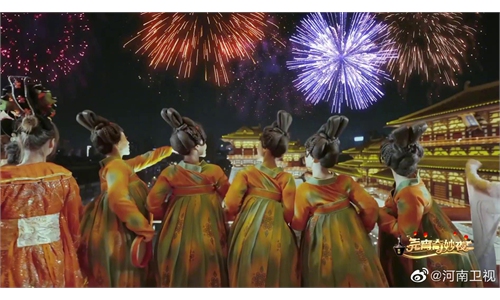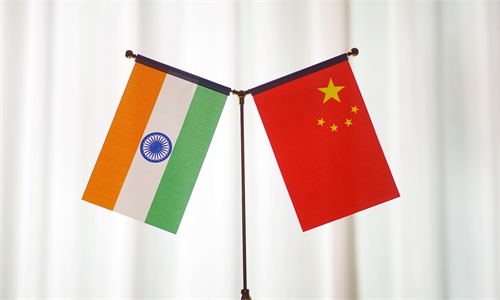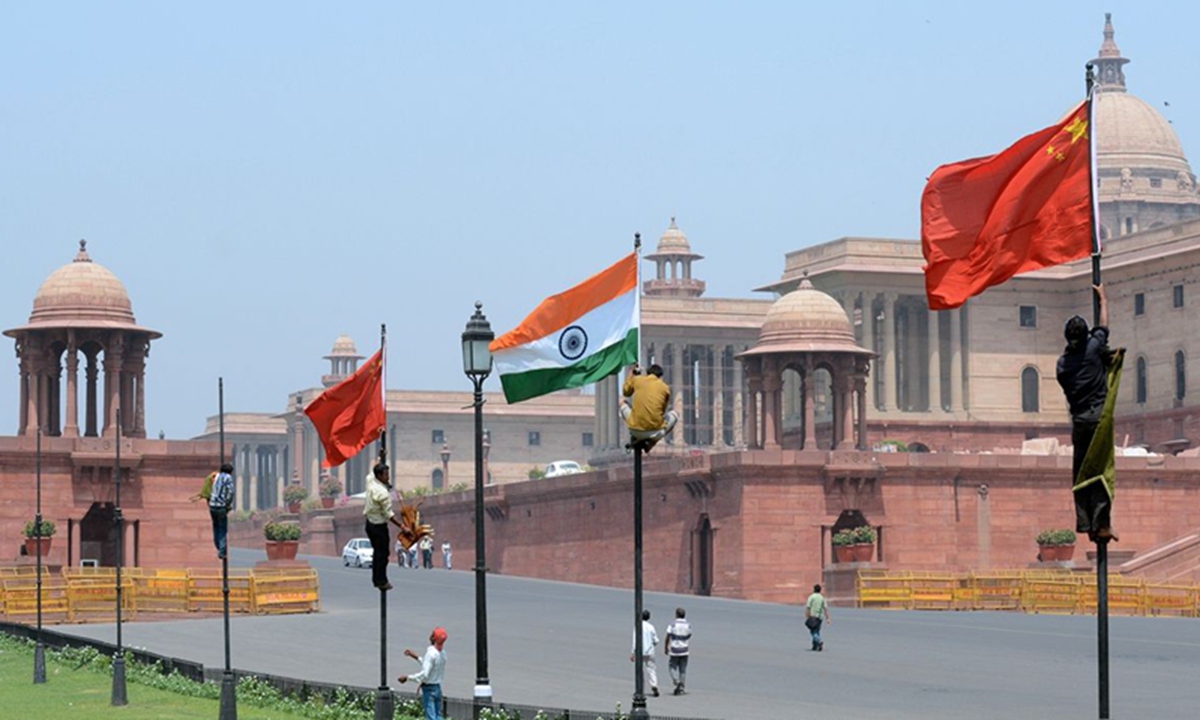
China-India
What policy and attitude toward China should India hold? The answer apparently should be determined by what India's fundamental interests are rather than by the so-called "patriotic" sentiments incited by some people from within India.So what is essential for India? It is the economic development and the increase in international status that comes along with the former. Despite the China-India border tensions and India's boycotts against Chinese products, the economic and trade exchanges between the two countries in India's current fiscal year have proven that to realize its goal of becoming a major power, India shall never hesitate to engage in cooperation with China.
In the first nine months of India's fiscal year 2021 (from April to December 2020), China surpassed the US to become the largest trading partner of India. During this period, India exported $15.3 billion of goods to China while importing $45.4 billion from China. Such trade numbers amid the two countries' tensions clearly illustrate that the two are deeply intertwined. Incited nationalist sentiments cannot simply change these economic realities.
Such numbers are also telling: if India further cuts off economic ties with China, its COVID-19 ravaged business will be further hit.
Such scenario is obviously contrary to the economic development and great power status that India is currently pursuing.
This echoes what Mumbai-based columnist Rupa Subramanya wrote on Thursday in a Nikkei Asia article entitled, "China is the rival India cannot live without." She wrote that, "India evidently has calculated that reengagement with China, especially on the economic front, while shifting the border dispute to the back burner, is the only realistic course of action if it has any hope of reenergizing the country's flagging economic miracle."
However, some in India are still indulging in nationalist sentiments against China. And they are still moving to instigate Indian people. Former Indian Army Chief General V.P. Malik said Saturday on the Indian media program ThePrint's Off the Cuff, that his country's "appeasement policy" toward China has ended with the most recent border standoff. He implied that India has spent "more time and energy on the cooperation" rather than on the competition with China. Malik also called for a probe into why India didn't deploy additional troops to the border before the clash last year.
Malik's emphasis on competition instead of cooperation goes against what the Indian government has done. Shortly after China and India reached an agreement to deescalate border tensions on February 10, New Delhi was set to ease its restrictions on Chinese investments put in place during the standoff. Such moves by New Delhi demonstrated that Indian policymakers are now very aware that cooperation with China is "doubly important for the beleaguered Indian economy," as Subramanya wrote.
Roaring nationalism cannot become a cure for the Indian society to solve its problems. New Delhi cannot scapegoat Beijing for its own governance woes. And leading the whole society to hate China will only harm it.
Lost in the blind nationalism toward China, India will only make itself more damaged. This is a hard reality that India cannot and shouldn't ignore.
